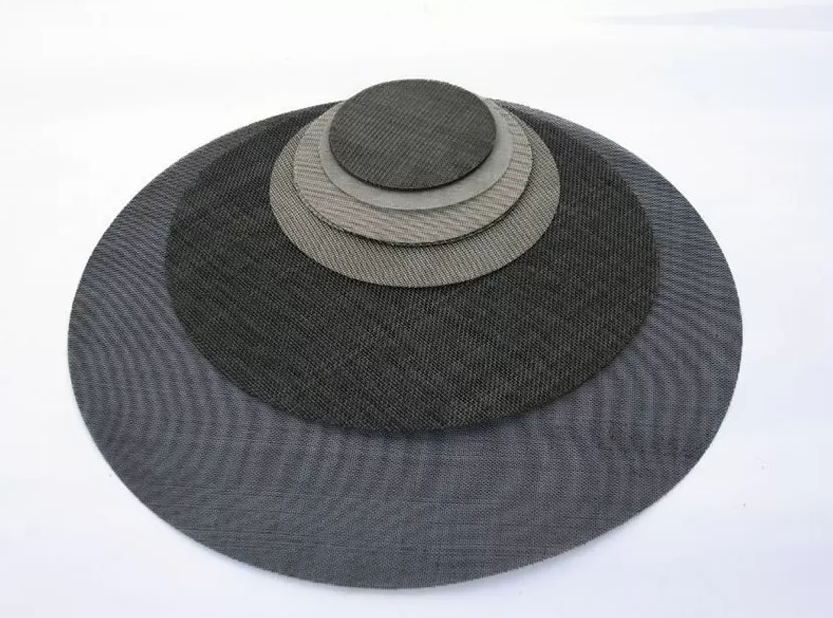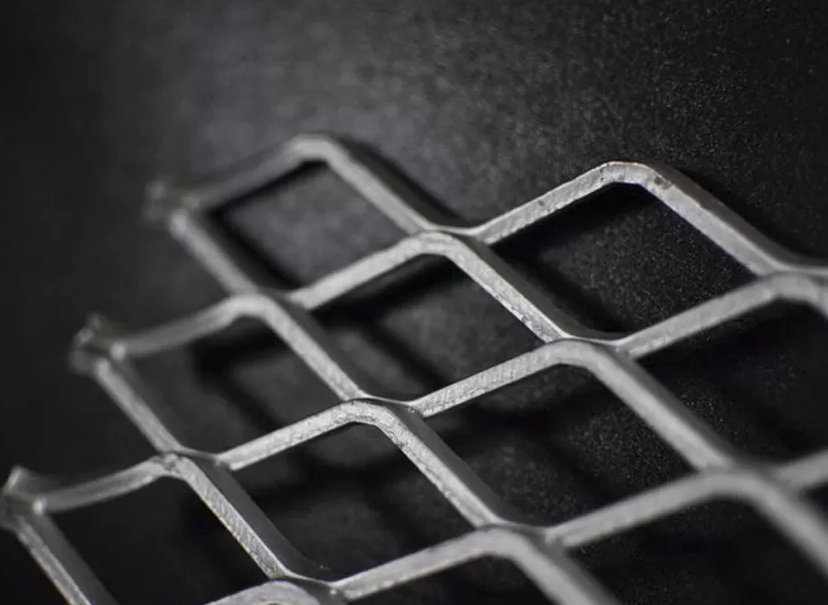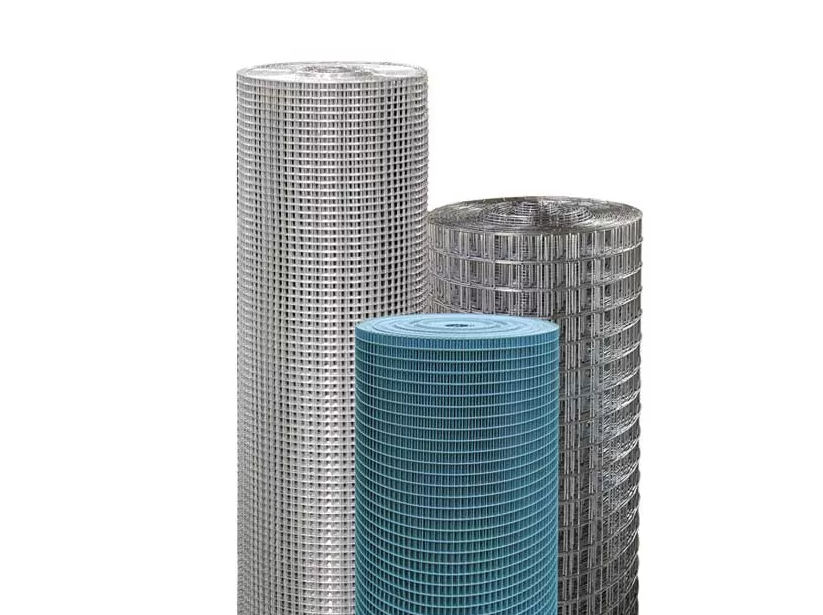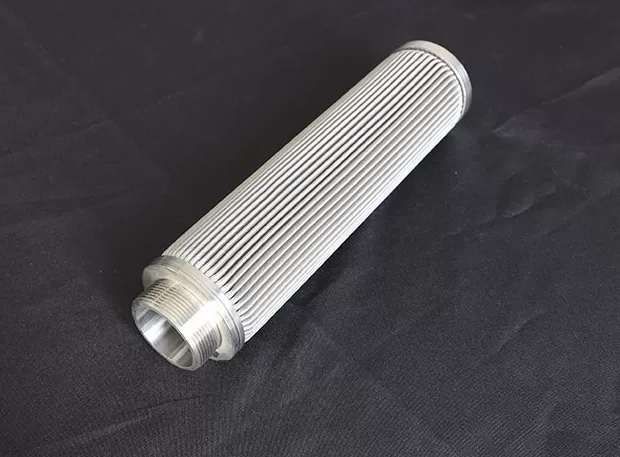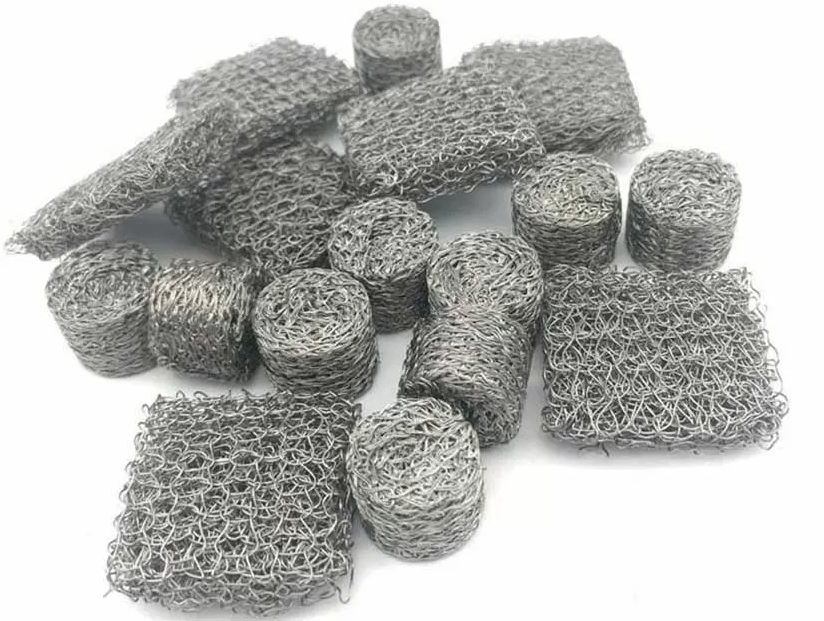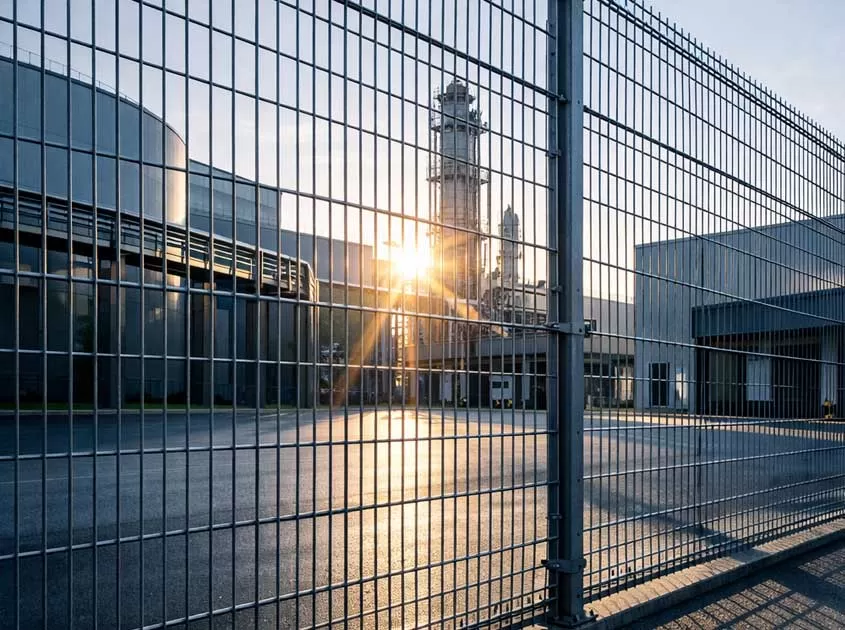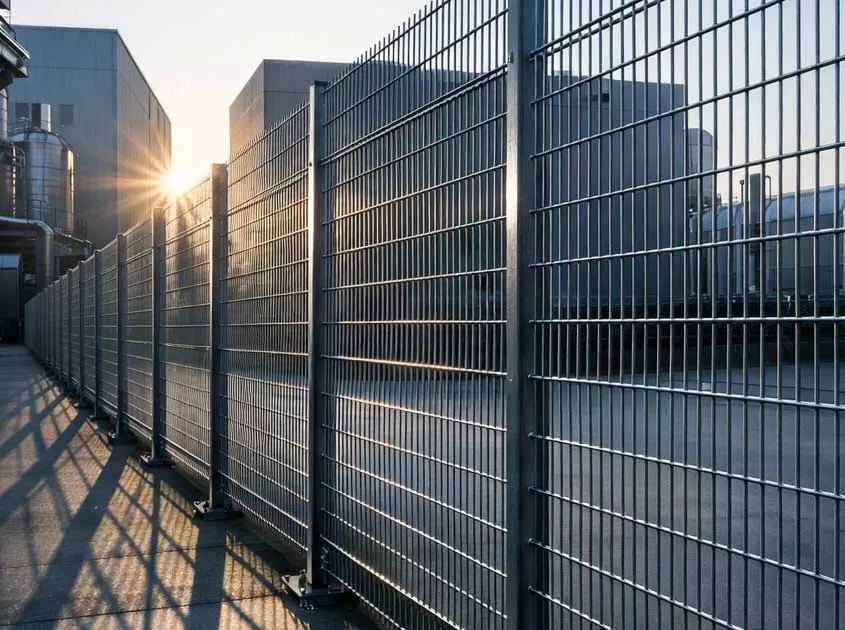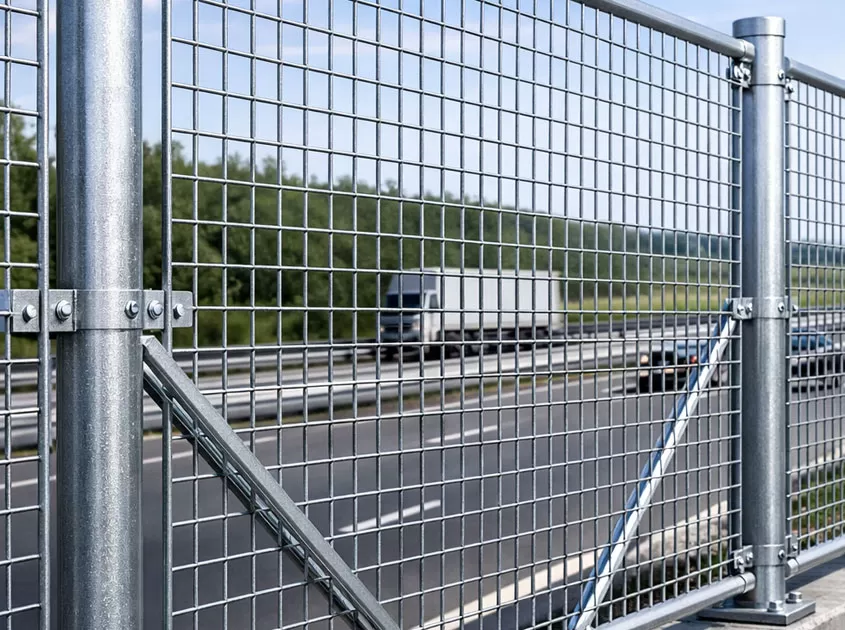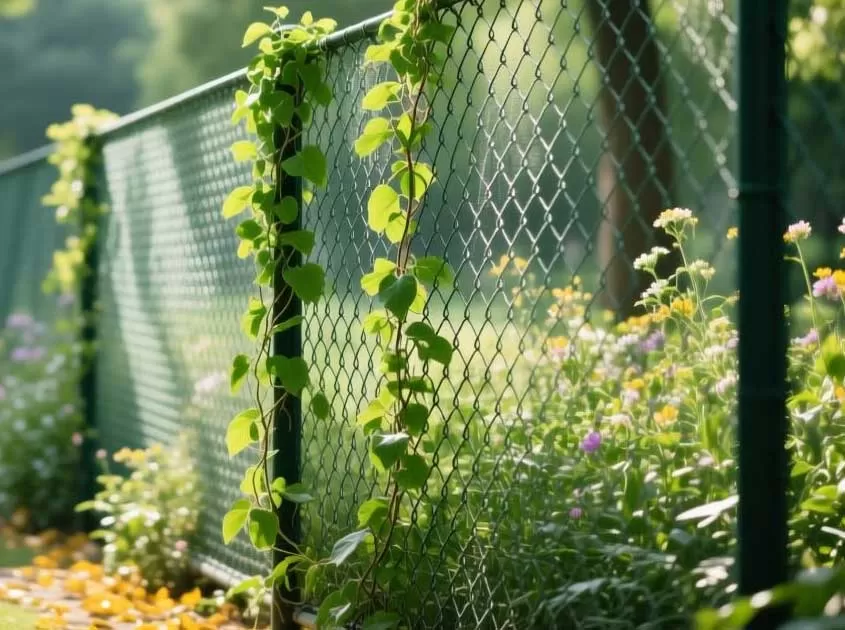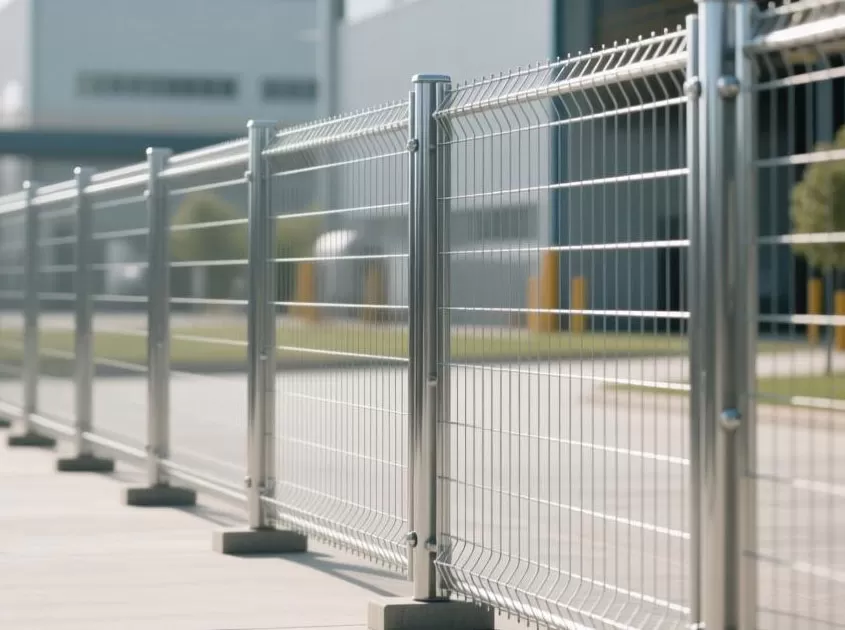Understanding Wire Mesh: Types, Sizes, Grades, and Applications
Wire mesh is a versatile material used across industries for various purposes, including filtration, protection, and construction. To make the most of its benefits, it’s essential to understand the types, sizes, grades, and applications of wire mesh. This guide will provide a comprehensive overview to help you make informed decisions for your needs.
What is Wire Mesh?
Wire mesh is a material made from interwoven or welded wires arranged in a grid-like structure. It comes in different materials, such as stainless steel, aluminum, copper, and galvanized steel. Wire mesh is known for its durability, flexibility, and adaptability, making it a popular choice for both industrial and domestic uses.
Types of Wire Mesh
The type of wire mesh you choose depends on your specific requirements. Here are some common types:
1. Woven Wire Mesh: This type is created by weaving wires in an over-and-under pattern. It is commonly used for filtration and sifting applications.
2. Welded Wire Mesh: Made by welding wires together at intersections, this type offers strength and rigidity, making it suitable for fencing and construction projects.
3. Knitted Wire Mesh: Often used in environmental and automotive applications, this type is flexible and ideal for filtration and sealing purposes.
4. Expanded Metal Mesh: Produced by cutting and stretching a metal sheet, this type is used for platforms, grating, and architectural designs.
Wire Mesh Sizes and Grades
Wire mesh is available in various sizes and grades, allowing you to select the best option for your application:
1. Mesh Size: Mesh size refers to the number of openings per linear inch. Finer meshes have more openings, suitable for filtration, while coarser meshes are ideal for structural uses.
2. Wire Diameter: This refers to the thickness of the wires used in the mesh. Thicker wires offer greater strength, while thinner wires are more flexible.
3. Material Grades: The material grade indicates the quality and composition of the wire mesh. For instance, stainless steel grades like 304 and 316 are corrosion-resistant, while galvanized steel offers excellent weather resistance.
Applications of Wire Mesh
Wire mesh is widely used in various industries and applications. Some of the most common uses include:
1. Filtration: Wire mesh is essential for filtering liquids, gases, and solids in industries such as petrochemical, food, and water treatment.
2. Fencing: Welded wire mesh is commonly used for security fencing in residential, commercial, and agricultural settings.
3. Construction: Wire mesh strengthens concrete structures, supports flooring, and serves as a reinforcement material.
4. Decorative Uses: Architectural wire mesh is used in interior design, facades, and artistic installations.
5. Industrial Equipment: Wire mesh is integral to conveyor belts, sieves, and screens in manufacturing facilities.
Benefits of Using Wire Mesh
Wire mesh offers several advantages that make it a preferred material for diverse applications:
1. Durability: High-quality wire mesh withstands heavy loads, weather conditions, and chemical exposure.
2. Versatility: Available in various sizes, types, and materials, wire mesh adapts to countless uses.
3. Cost-Effectiveness: Its durability and reusability ensure long-term savings in industrial and domestic applications.
4. Easy Customization: Wire mesh can be tailored to specific dimensions and designs, meeting unique project requirements.
How to choose the right wire mesh?
The wire mesh size refers to the wide variety of openings in line with a linear inch. There are certain parameters that are crucial for selecting the appropriate mesh for specific applications. Wire mesh sizes are determined by the following factors such as wire diameter, mesh opening and mesh count. So overall, the Factors to consider when selecting wire mesh are:
Material: Use a material that provides the desired properties such as corrosion resistance, strength and weight according to your application.
Wire Diameter and Mesh Opening: Decide on the correct wire diameter and mesh opening for your application as smaller mesh sizes offer higher filtration or finer sieving abilities whereas larger mesh sizes provide better airflow or visibility.
Mesh Type: Choose the type of mesh that will suit the application requirement, such as woven, welded, perforated, etc. that best suits the application’s requirements for flexibility, strength, and opening uniformity.
Application Requirements: Consider strength, durability, resistance to corrosion, and compatibility with other materials according to the requirements.、
Questions and Answers About Wire Mesh
Q: What is the difference between woven and welded wire mesh?
A: Woven wire mesh is made by weaving wires in a specific pattern, while welded wire mesh is created by welding wires at intersections for added strength and rigidity.
Q: How do I choose the right wire mesh for my project?
A: Consider factors such as application, required strength, corrosion resistance, and mesh size. Consult a supplier to identify the best material and grade for your needs.
Q: Is stainless steel wire mesh corrosion-resistant?
A: Yes, stainless steel wire mesh, particularly grades 304 and 316, offers excellent corrosion resistance, making it suitable for outdoor and industrial use.
Q: Can wire mesh be customized?
A: Yes, wire mesh can be cut, shaped, and sized according to specific project requirements. Many manufacturers offer custom solutions.
Q: Where can I buy high-quality wire mesh?
A: Look for reputable suppliers specializing in industrial materials or consult manufacturers directly for tailored options and competitive pricing.
Understanding wire mesh types, sizes, grades, and applications can help you select the best product for your project. Whether for industrial or decorative purposes, wire mesh remains a reliable and versatile material in countless industries.
QUNKUN METAL, a professional China metal woven wire mesh manufacturer, offers a wide range of products with various materials, sizes, and customization options available. QUNKUN METAL ensures you get the right wire mesh for your specific needs.
So why wait? Contact QUNKUN METAL today.
-
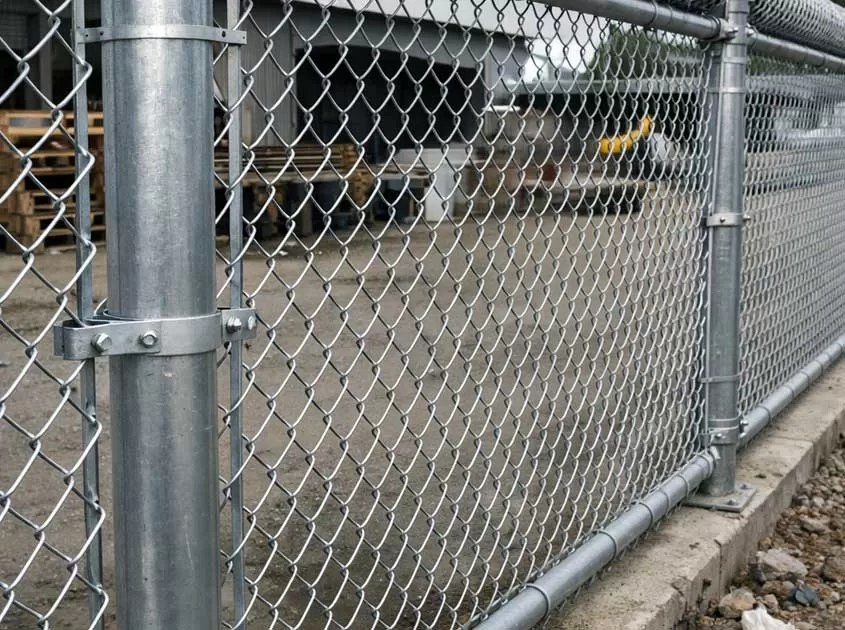 Why Galvanized Wire Mesh Is Popular in South America Jan 26, 2026
Why Galvanized Wire Mesh Is Popular in South America Jan 26, 2026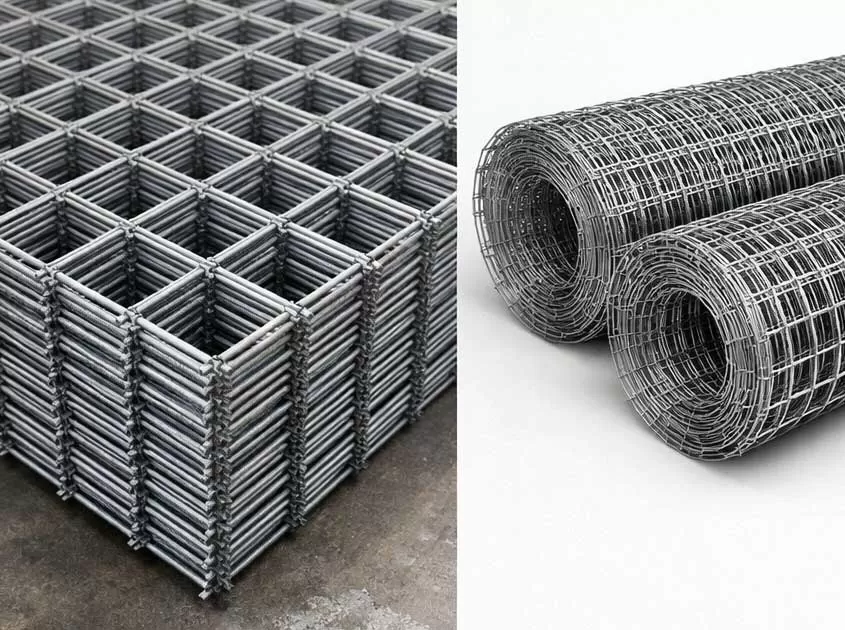 How to Check the Quality of Welded Wire Mesh Jan 16, 2026
How to Check the Quality of Welded Wire Mesh Jan 16, 2026

- Tel.: +86 311 83077076
- E-mail: sales@qunkunmetal.com
- Skype: qunkunsales01
- WhatsApp: 8618032412189
- Add.: No.69 The Filter Industrial Part of Anping, Hebei, China




